Western psychology holds that humans are not born with a sense of self, but rather that the self is constructed over time, gradually emerging within the first two years of life. Further, much scientific research says that everything that exists in human awareness – sight, sound, even time itself – is all a construction of the mind. So what are the pitfalls of treating these constructs as objective truths? According to Mahāmudrā Buddhist teaching, explored here by the clinical psychologist Daniel Brown at Harvard University, the more enamoured we are of our selves, the more fixed we are in our own ‘realities’, limiting the possibilities of our awareness. Playing with these reflections on the self and awareness, the San Francisco-based animator Claudia Biçen uses a series of ink-and-pencil portraits of Brown to bring him into being and then let him disappear.
It’s easy to get caught up in constructing our selves, but what does it cost us?
Video by Claudia Biçen

videoHistory of ideas
Socrates believed self-knowledge was essential. Today, we wonder if there’s even a self to know
2 minutes
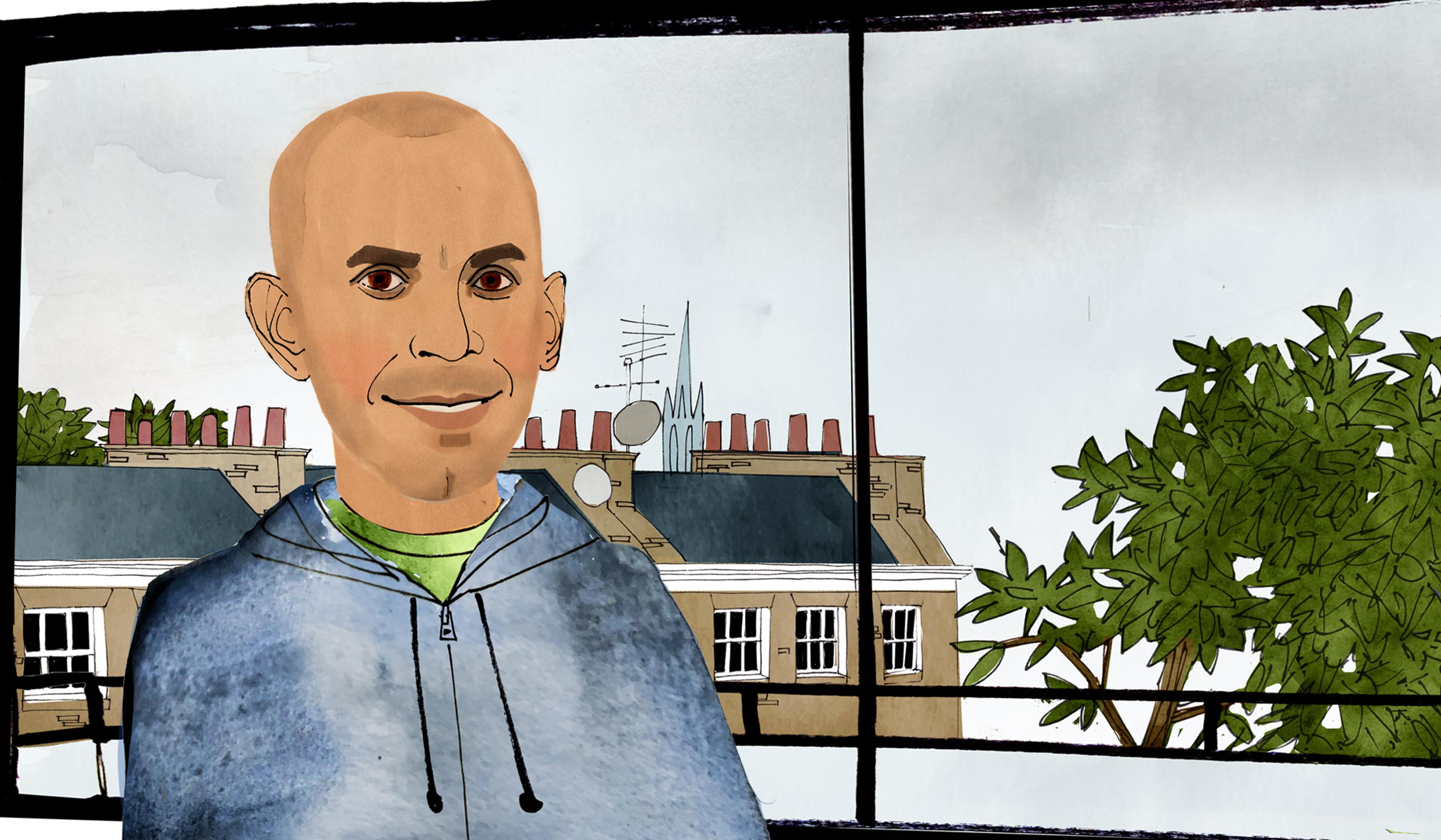
videoPhilosophy of mind
Anil Seth on why our senses are fine-tuned for utility, not for ‘reality’
10 minutes
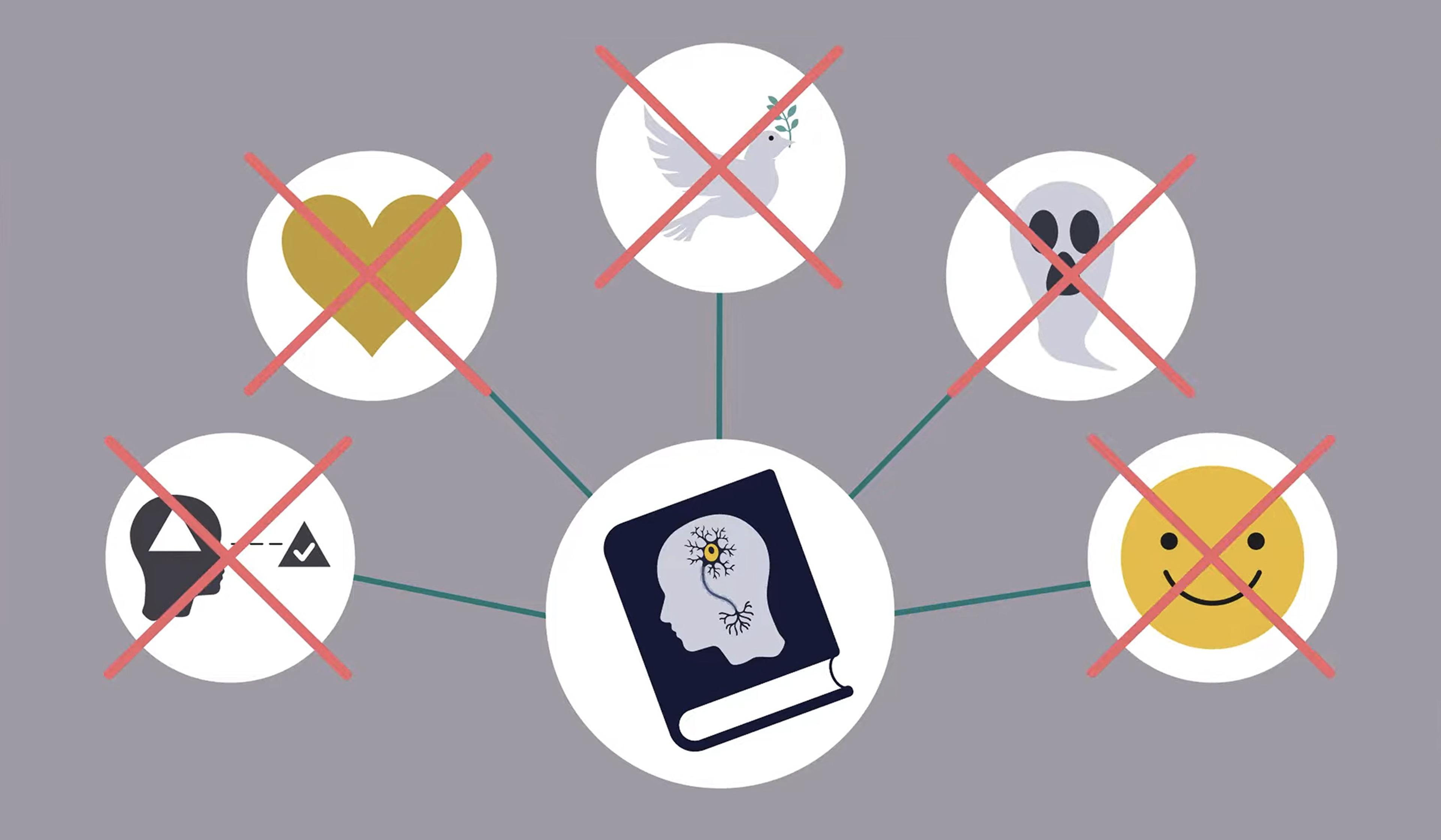
videoPhilosophy of mind
Do we have good reasons to believe in beliefs? A radical philosophy of mind says no
5 minutes

videoCosmopolitanism
Is the introspection of self-help and therapy hurting our ability to empathise?
10 minutes
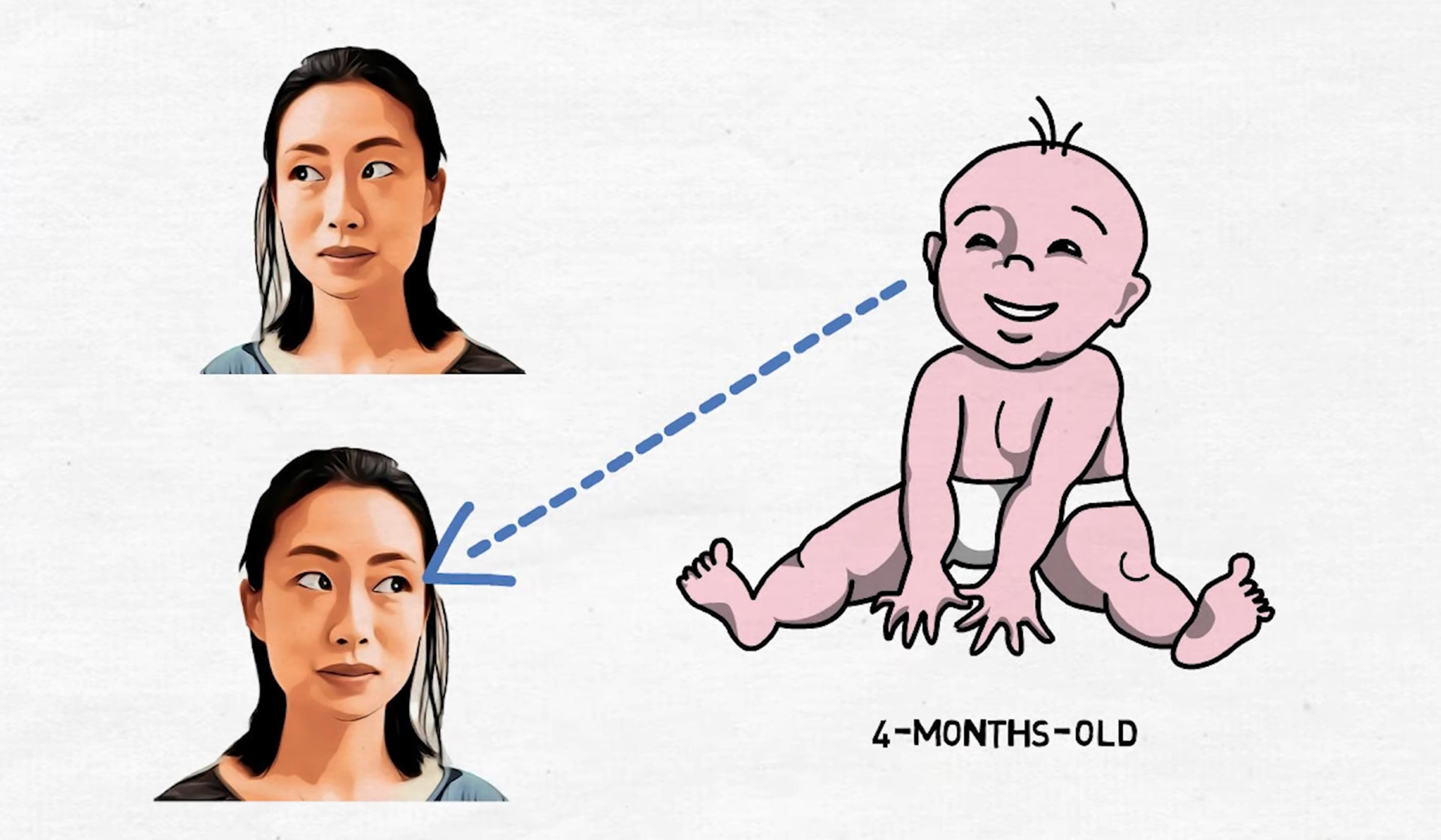
videoPhilosophy of mind
Forget babbling and toddling – mindreading is babies’ most incredible skill
7 minutes

videoPhilosophy of mind
‘Am I not at least something?’ A surreal dive into Descartes’s Meditations
3 minutes

videoHistory of ideas
If, as Shakespeare suggested, all the world’s a stage, do we have a ‘true self’?
2 minutes
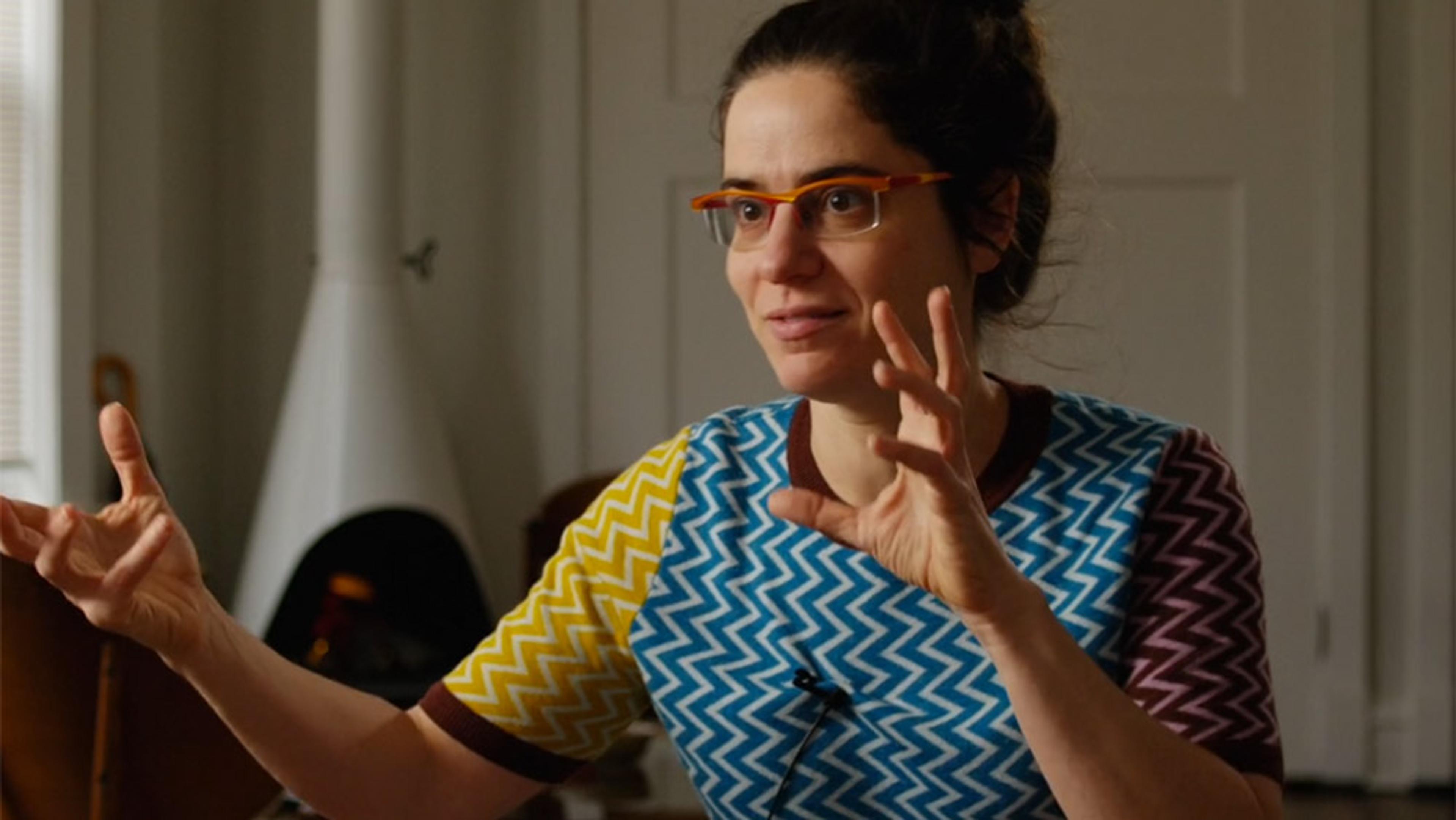
videoValues and beliefs
How the philosophical paradox of aspiration is resolved by a new theory of self-creation
31 minutes
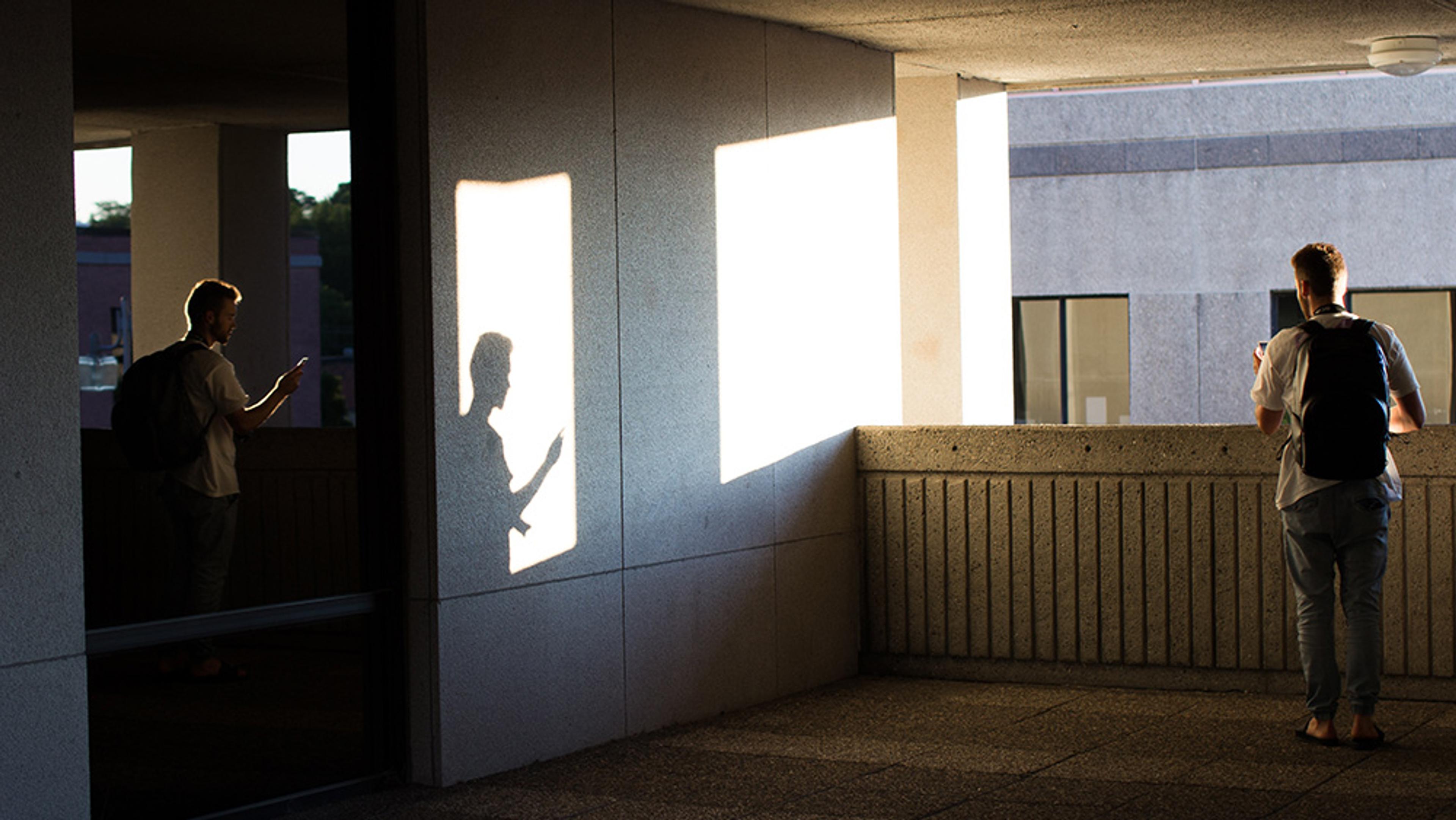
videoConsciousness and altered states
It’s impossible to see the world as it is, argues a cognitive neuroscientist
40 minutes